WatchGuard Now Available: Firebox M370, M470, M570, and M670
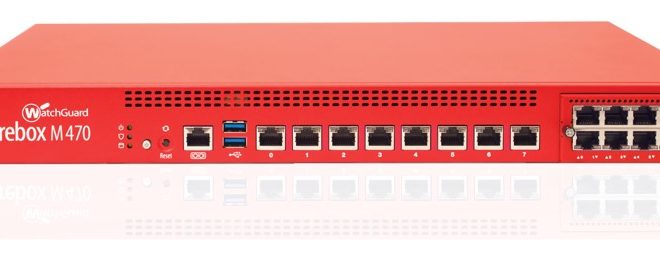
I’m excited to announce the availability today of four new mid-range Firebox appliances that provide industry leading performance, especially with all security capabilities enabled, along with greater flexibility in network port configurations.
Over past few years at WatchGuard we’ve consistently educated our customers about the need to inspect encrypted web traffic using all of the security services available on our appliances. Network defenses that don’t adequately process and inspect encrypted traffic leave employees, customers and partners vulnerable to cyber attacks. According to a 2016 Ponemon study, 41 percent of attacks in 2016 used encryption to either disguise their entry into the network or hide their connection to a Command and Control server. The volume of HTTPS traffic is growing rapidly, and customers can no longer consider this to be a minor blind spot that they can ignore.. NSS Labs have predicted that 75% of web traffic will be encrypted by 2019.
A new Miercom test report shows how the new WatchGuard appliances compare to similar priced models from Fortinet, SonicWall, and Sophos. Raw firewall throughput may be similar, but the true test of performance is when all of the security services are enabled. The Firebox wins hands down against the competition especially when deep content inspection of HTTPS traffic is enabled.
To support the growing use of fiber in mid-size enterprise data centers, Firebox M470, M570 and M670 allow users to add additional network modules to increase the number of copper or fiber ports available.All new appliances (except the M370) have an expansion slot for additional ports. The same modules that were previously available for M4600 and M5600 are now available i.e. 4x10Gb fiber, 8x1Gb copper or 8x1Gb Ethernet.
We’ve also taken this opportunity to increase the level of detail that is shown on our datasheets. We now include throughput figures with HTTPS content inspection and IPS enabled at the same time. All of our HTTPS benchmark testing is conducted using strong encryption ciphers TLS 1.2 AES256 +SHA-256. We’ve also added IMIX performance numbers for both Firewall and VPN traffic. IMIX is a standard that includes a mix of 40 byte, 576 byte, and 1500 byte traffic to better represent data that is found in most network environments, instead of just 1512 byte packets.

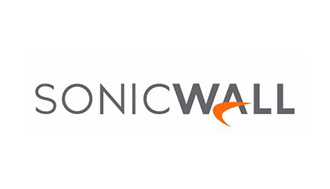



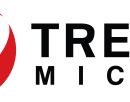
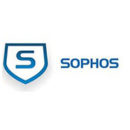
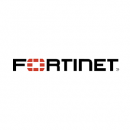



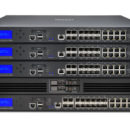
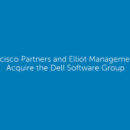
Dell Software Group sold to help fund looming EMC deal
Ingram Micro gets distribution access to Dell’s security range in Australia